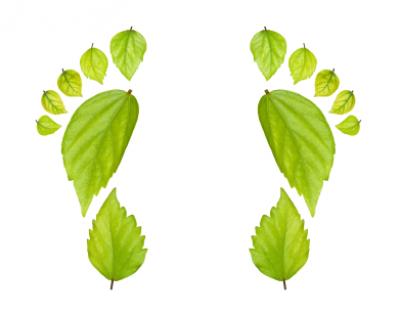Here are some simple tips to make energy savings in your home today without spending any money.
With energy prices on the increase – mostly because of an over-investment in costly infrastructure, rather than the carbon reduction pricing scheme – it’s always good to find ways to be more energy efficient.
Here are some tips from AGL on how you can make savings simply by doing things differently with what’s already in your house. Measures such as installing solar panels that require an additional investment will realise more long term savings but are not included in this list.
You may already do some of what’s on the list; but for those that you don’t, give them a try one at a time to help you achieve even greater efficiencies in your household energy usage.
Lighting – one of the easiest ways to save energy
Fact: Energy efficient bulbs consumer 80% less energy than incandescent bulbs and can last up to 10 times longer
-
Turn off lights when you leave a room
-
Replace incandescent globes with compact fluorescent lights
-
Keep light fittings, reflectors and lamp shades clean
-
Use dimmers to reduce consumption
-
Use natural light as much as possible.
Heating and Cooling
Fact: Every extra degree of heating higher or cooling lower increases costs by 10-15%
-
Set your heater thermostat to 18-20 degrees
-
Set your cooler thermostat to 25-27 degrees
-
Get your heater or air conditioned serviced regularly
-
Switch off the heating or cooling in rooms you’re not using
-
Use curtains and pelmets to minimise heat loss
Water
Fact: 27% of energy use in an average Australian home is used to heat water
-
Take shorter showers. Every minute less saves ½ kilo of green house gases
-
Install a AAA showerhead
-
Get your hot water thermostat checked by a professional
-
Turn off taps to stop drips – and if you have a drip, get it fixed
-
Insulate exposed hot water pipes.
In the kitchen
Fact: Small appliances such as microwaves, electric kettles and frying pans are more energy efficient than ovens or stoves.
-
Use a microwave or electric frypan rather than an oven
-
Run the dishwasher only when it’s full
-
Put a lid on saucepans
-
Use the right sized saucepan on the right element or burner
In the laundry
Fact: Front loaders are usually more efficient than top-loading machines
-
Use the cold water option to wash clothes
-
Estimate the water level you need for each load of washing – don’t overfill it
-
Set your machine to suds save
-
Dry your clothes naturally rather than in a dryer (they smell better too)
-
Iron clothes all at once, not item-by-item every day
Commuting
Fact: You can use up to 30% less fuel by travelling at 80kph instead of 110kph
-
Walk, cycle or use public transport
-
Try to avoid peak hour traffic
-
Check your tyre pressure. Under-inflated tyres increase fuel usage
-
If you can’t walk, cycle or use public transport to get to work, try car pooling
-
Do the grocery shopping once a week, not every day.















__small.png)










